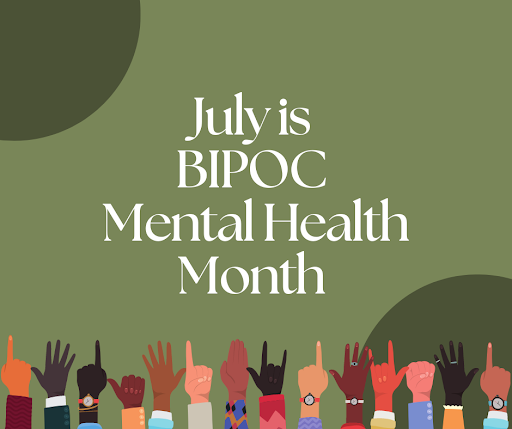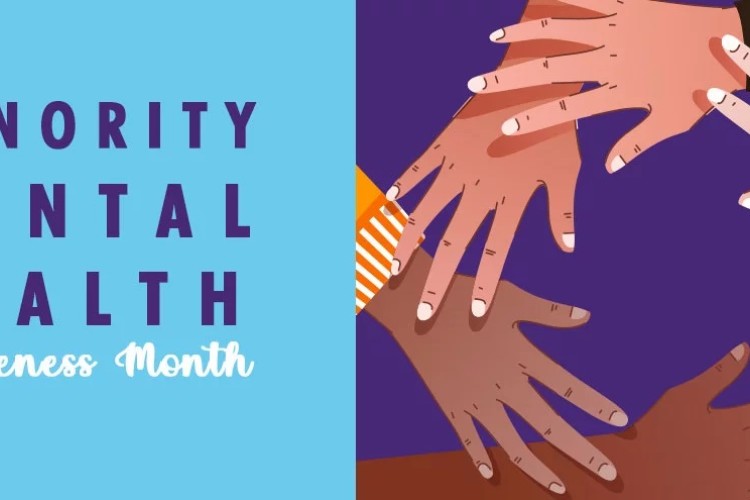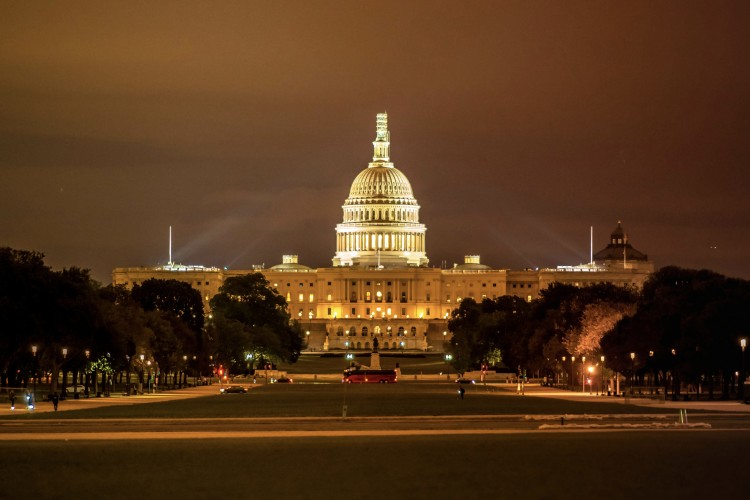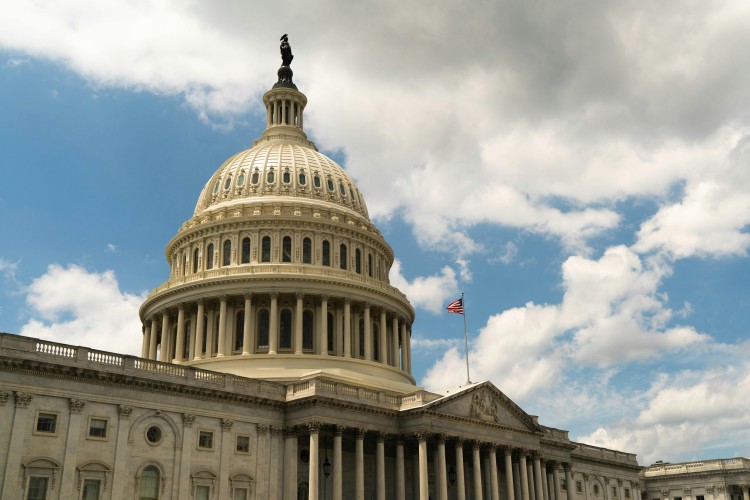Bridging the Gap in Mental Health: Focusing on Underrepresented Groups
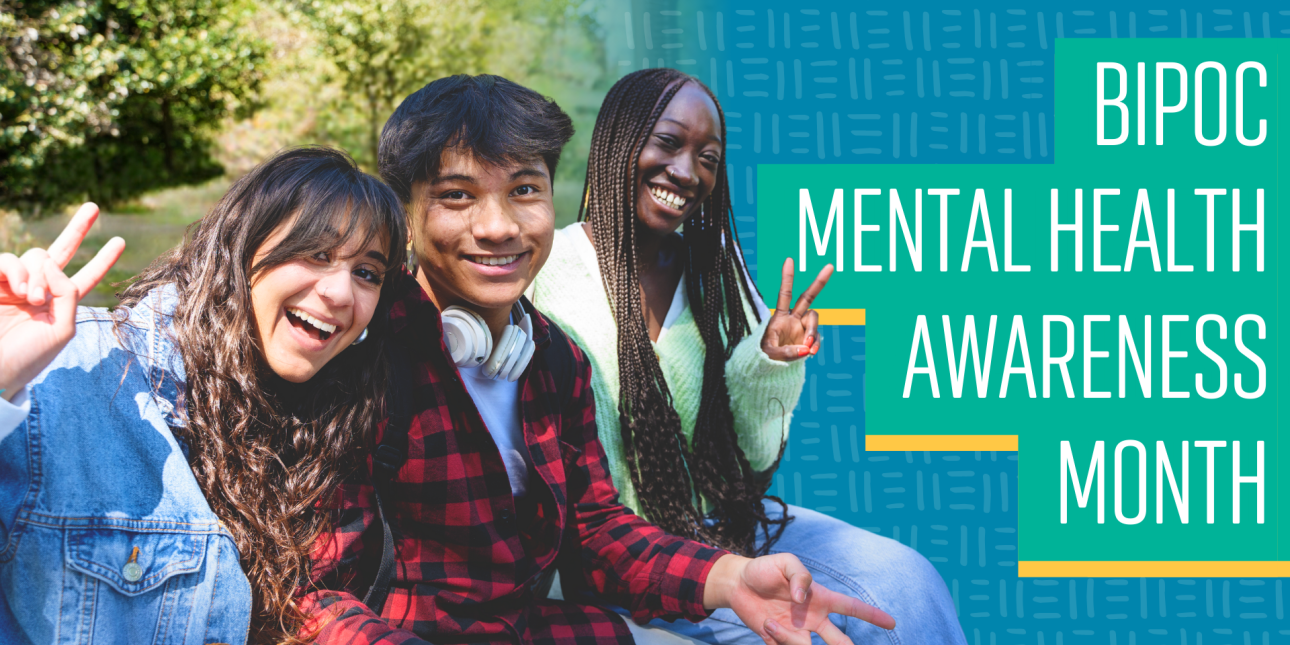
Highlighting BIPOC Mental Health Awareness Month
BIPOC Mental Health Awareness Month brings to the forefront the significant mental health disparities faced by underrepresented and marginalized communities. July is dedicated to raising awareness and advocating for better mental health care access and support for these communities.
Understanding the Issue and its Importance
Mental health is a critical aspect of overall well-being, yet underrepresented groups often face unique challenges in accessing and receiving proper care. Factors such as cultural stigma, lack of diversity among mental health professionals, and socioeconomic barriers contribute to the disparities in mental health care.
Mental health issues do not discriminate; they affect individuals across all demographics. However, underrepresented groups often experience higher levels of stress, anxiety, and depression due to systemic discrimination, socioeconomic disparities, and cultural factors. Addressing these challenges is crucial for building healthier communities and ensuring equitable mental health care for all.
Barriers to Mental Health Care for Underrepresented Groups
- In many marginalized communities, mental health issues are often stigmatized which can become a barrier to mental healthcare for underrepresented communities. Cultural beliefs and norms can discourage individuals from seeking help, leading to untreated mental health conditions. For instance, some may view mental illness as a personal weakness rather than a medical condition.

- The mental health workforce also lacks diversity, which can hinder effective treatment for underrepresented patients. Without representation, there is a risk of cultural misunderstandings and mistrust between patients and providers. According to the American Psychological Association, only 5% of psychologists are Hispanic, 4% are Black, and 2% are Asian.
- Underrepresented groups are also more likely to face economic challenges, making it difficult to afford mental health services. Many lack insurance coverage or face high out-of-pocket costs. Additionally, logistical issues such as transportation, childcare, and time off work further complicate access to care.
My Personal Lived Experience Navigating Access to Mental Health Services
As a low-income Latina, growing up I struggled to access healthcare because my family didn’t have the money to cover these services. I would only go to the doctor when I was really sick, so I would miss my annual wellness check-ups, and I was never able to access mental health services as we didn’t even know it was an option.
Therefore, growing up in families like mine, where mental health topics are sensitive and where family members often assume that mental health is not as important or serious as physical health – and just not having the money to afford these services – can be really hard. Being the only one in your family to look for these services often takes so much courage, but in the end, it’s worth it because you are helping yourself and breaking these cycles.
Addressing the Disparities through Education and Advocacy
Raising awareness about the unique mental health challenges faced by underrepresented communities is the first step towards change. Advocacy for policies that improve access to mental health services and increase the diversity of the mental health workforce is essential.
Communities can play a crucial role in supporting mental health by fostering open conversations, providing resources, and encouraging individuals to seek help. Peer support programs and community-based initiatives can offer culturally sensitive support, and last but not least, we can always support each other!
As individuals, we can contribute to destigmatizing mental health by educating ourselves, speaking openly about mental health issues, and showing compassion toward those struggling. Engaging in self-care and seeking professional help when needed are also vital steps in maintaining mental health.
Call to Action
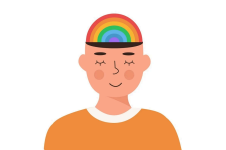
To make a difference, we must act collectively and individually. Advocate for mental health policies that benefit marginalized groups, support community initiatives, and educate ourselves about the mental health challenges faced by marginalized BIPOC populations. Together, we can create a more inclusive and supportive environment for all.
Resources
- National Institute on Minority Health and Health Disparities
- Mental Health America: BIPOC Mental Health
- The Trevor Project: Mental Health Resources for LGBTQ+ Youth
Ana (She/Her/Hers/Ella) is proudly Mexican and is constantly fighting against different barriers like language, to make a more inclusive and accessible environment for everyone, while striving to eliminate health disparities, racism, and discrimination in her community. She is a peer leader educator for the El Rio Reproductive Health Access Program (RHAP) in Tucson, Arizona which is a group of teens helping teens take control of their reproductive health by providing free confidential birth control & testing. Here, she's also part of the Period Mailing Project where she mails free menstrual packages every week to help eliminate period poverty in Arizona. At the same time, she is a full-time student at the University of Arizona majoring in Medicine with minors in Spanish and Biochemistry, and currently working on her certificate for Developmental Disabilities, and one day she hopes to become a doctor. She is also part of the Youth Action Committee of Tucson which is comprised of youth and young adults with lived experience of homelessness and/or housing instability and provides expertise and guidance to the CoC Board as it relates to strategies to prevent and end youth homelessness. Here, she gained more interest in finding ways to support her community to fight homelessness and the barriers that lead to this issue. Also, she is part of the Youth Action Board of YOTO (Youth On Their Own) where she helps influence the decisions that YOTO makes in the program as a whole. She's involved in these important decisions in order to make YOTO the best it can be, which is a nonprofit organization that supports the high school graduation and continued success of youth experiencing homelessness in Pima County by providing financial assistance, basic human needs, guidance, and more. Along with other advocates, she strives to eliminate barriers to education and empower housing-insecure youth in our community to stay in school. She is very excited to continue working as a consultant with the Youth Catalyst Team and to advocate for this program while helping other people to be heard too.
